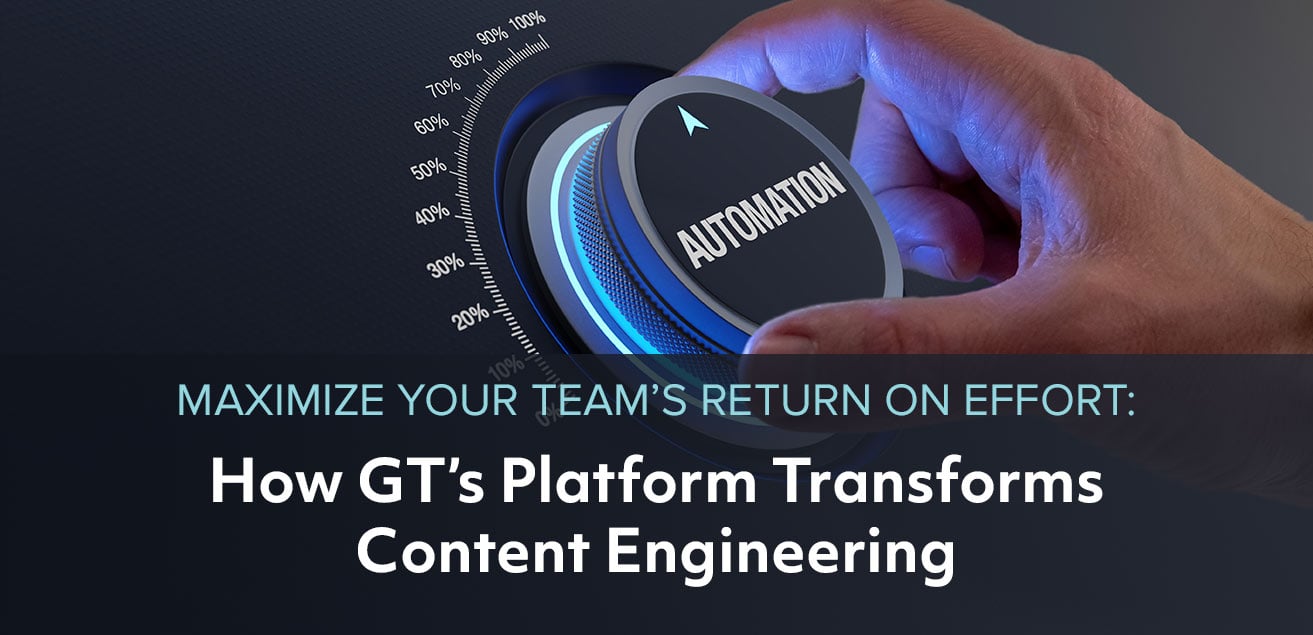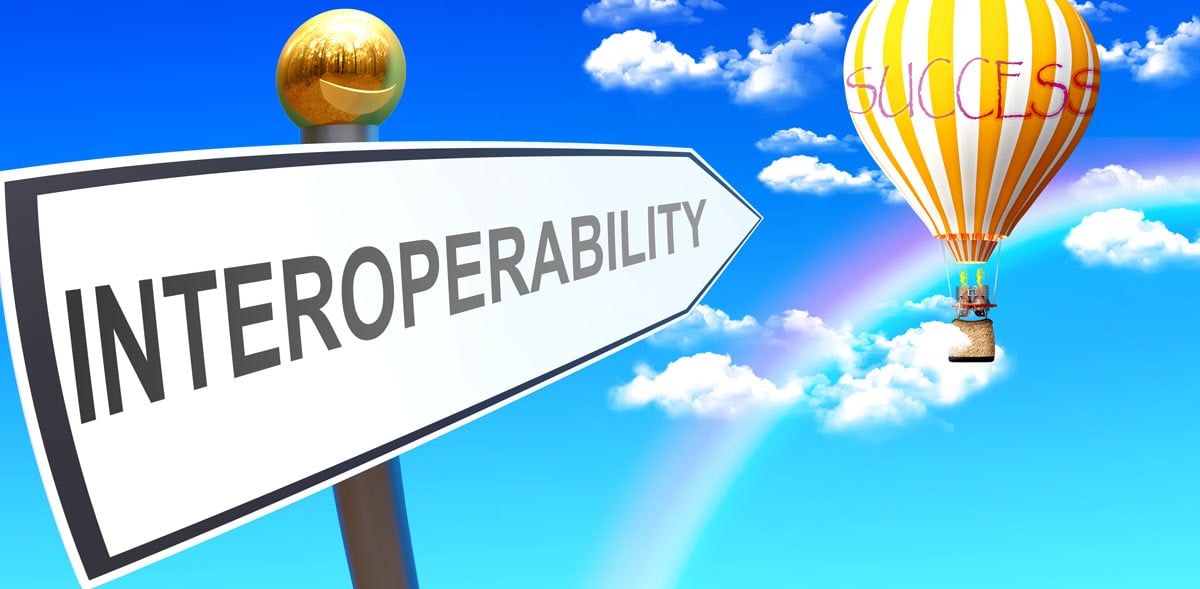For good reason, printed content was the trusted publishing standard for decades. Traditional books and ads have staying power, but with the rise of digital media distinct disadvantages of print have emerged. Printed media can’t engage an audience in the same way as digital, nor can it reach an audience with lightning speed. For publishers, print formats also come with substantial limitations. Luckily, this can be solved with relative ease.
Still Using PDFs? Here’s Why You Should Choose a New Format
With the advent of eBooks, digital publishing was pushed to new heights. Several digital libraries have been created, including Amazon’s Kindle and Apple’s iBooks. Educational publishers are also offering an increasing number of online courses and textbooks, a welcome development for modern students and educators alike. While PDFs were once the default choice for digital publications, there are now better options. PDFs, though simple, have several drawbacks.
PDFs Are “Dead”
Think of PDFs as digital, printed documents. A PDF is similar to holding a printed piece of paper, just on a screen. In some applications, viewing exact copies of the original format is a plus. For eBook publications, however, it’s a clear drawback. The content is difficult to search for, reuse, and share, making it considerably less efficient than using ePub documents.
Accessibility
Generating interesting digital PDF files is, from a developer’s point of view, a challenge. It’s difficult for developers to create worthwhile add-ons. Even worse, converting PDFs to a web-optimized format isn’t easy. EPub, on the other hand, works smoothly with most software types, and are easily adaptable for disabled persons. EPubs are also delivered as one convenient, organized ZIP file and can be transferred from any platform that already uses this format.
Limited Readability
The biggest difference between ePub and PDF is arguably the reading experience offered by the respective formats. Unlike PDFs, ePub was built to cater to the modern reader’s typical usage. Imagine you download the same book in each format and try to read them from your smartphone. The PDF version will require constant zooming and horizontal scrolling to see the complete text- a hassle for most readers. Alternatively, an ePub document is “reflowable”. The text flows around images automatically, resizing to fit the screen with no reader effort. Just this feature has made it the preferred choice of major digital readers like Nook and Kindle.
Lacking in Rich Media Options
Textbooks rely heavily on visual appeal to engage and motivate readers. Although PDF 2.0 is better suited to rich media than previous versions, ePub is the undefeated champion. Students expect interactive content and readers of all kinds appreciate it. Photos, imbedded videos, and useful hyperlinks enhance the reader’s experience far beyond what PDFs can offer.
Are PDFs Ever the Right Choice?
When it comes down to it, choosing the right format depends on your personal and business needs. PDFs are preferable for documents that need to be stored securely, signed, or annotated. For most other applications, E-publishing is the superior option. For any content that’s intended to be read on mobile phones and tablets, publishers need more flexibility and reusability than PDFs can offer. For digital publications, ePub wins all around. We can help you build you ePubs, even from retrieving content from PDFs. Contact us to chat!

.jpg)




Leave a comment